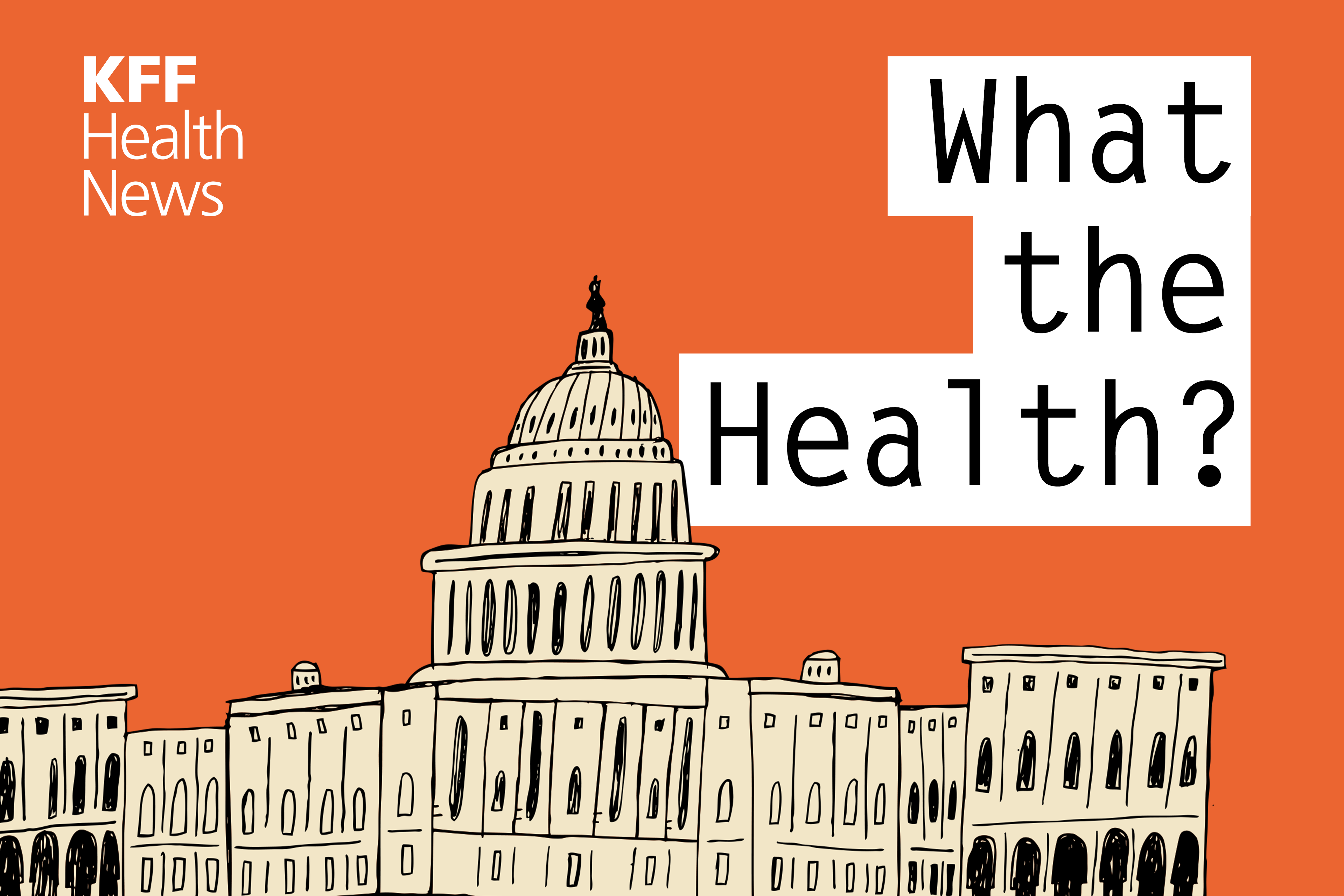The Host
Minnesota Gov. Tim Walz is Vice President Kamala Harris’ choice of running mate. Walz — also a former U.S. congressman, high school teacher, and member of the National Guard — has a folksy, Midwestern affect and a liberal record. He has signed bills expanding abortion rights and medical care for transgender people as governor and represented a swing district in the House of Representatives.
Meanwhile, the number of abortions taking place in the U.S. since the overturn of Roe v. Wade continued to rise into early this year, according to a new study. That is frustrating abortion opponents, who are seeking more ways to bring the numbers down, even if it means barring pregnant women from traveling to other states.
This week’s panelists are Julie Rovner of KFF Health News, Sandhya Raman of CQ Roll Call, and Shefali Luthra of The 19th.
Panelists
Among the takeaways from this week’s episode:
- Walz has been active on health issues, including capping insulin prices, codifying access to abortion and gender-affirming care, and supporting veterans’ health, as well as challenging hospital consolidation efforts. In fact, the similarities between him and Harris highlight unity among Democrats on key health issues.
- Meanwhile, the GOP vice presidential nominee, Sen. JD Vance of Ohio, said in an interview that reforming the Affordable Care Act would still be on the table if Trump were reelected, though he did not elaborate. The lack of specificity in the GOP’s plans leaves a lot unknown about what a second Trump administration would do with health policy.
- A recent report shows the number of abortions continued to rise amid restrictions. How? Telehealth is a major reason for the trend. And a separate report shows hundreds of millions in taxpayer dollars have been funneled to crisis pregnancy centers since the overturn of Roe v. Wade, reflecting an effort in conservative state legislatures to steer funding to centers that discourage abortion.
- And Congress has departed for its August recess without funding the federal government, again. Those eyeing other must-pass legislation, such as extended telehealth flexibilities and pharmacy benefit manager reform, are banking on the lame-duck session after the election.
Plus, for “extra credit,” the panelists suggest health policy stories they read this week that they think you should read, too:
Julie Rovner: JAMA Internal Medicine’s “Health, Access to Care, and Financial Barriers to Care Among People Incarcerated in US Prisons,” by Emily Lupton Lupez; Steffie Woolhandler; David U. Himmelstein; et al.
Shefali Luthra: KFF Health News’ “Inside Project 2025: Former Trump Official Outlines Hard Right Turn Against Abortion,” by Stephanie Armour.
Sandhya Raman: The War Horse’s “‘I Had a Body Part Repossessed’: Post-9/11 Amputee Vets Say VA Care Is Failing Them,” by Hope Hodge Seck.
Also mentioned on this week’s podcast:
- ProPublica’s “Texas Sends Millions to Crisis Pregnancy Centers. It’s Meant To Help Needy Families, But No One Knows if It Works,” by Cassandra Jaramillo, Jeremy Kohler, and Sophie Chou, ProPublica, and Jessica Kegu, CBS News.
- Vox’s “Free Medical School Won’t Solve the Doctor Shortage,” by Dylan Scott.
- Stat’s “How UnitedHealth Turned a Questionable Artery-Screening Program Into a Gold Mine,” by Casey Ross, Lizzy Lawrence, Bob Herman, and Tara Bannow.
- The Wall Street Journal’s “The One-Hour Nurse Visits That Let Insurers Collect $15 Billion From Medicare,” by Anna Wilde Mathews, Christopher Weaver, Tom McGinty, and Mark Maremont.
To hear all our podcasts, click here.
And subscribe to KFF Health News’ “What the Health?” on Spotify, Apple Podcasts, Pocket Casts, or wherever you listen to podcasts.




